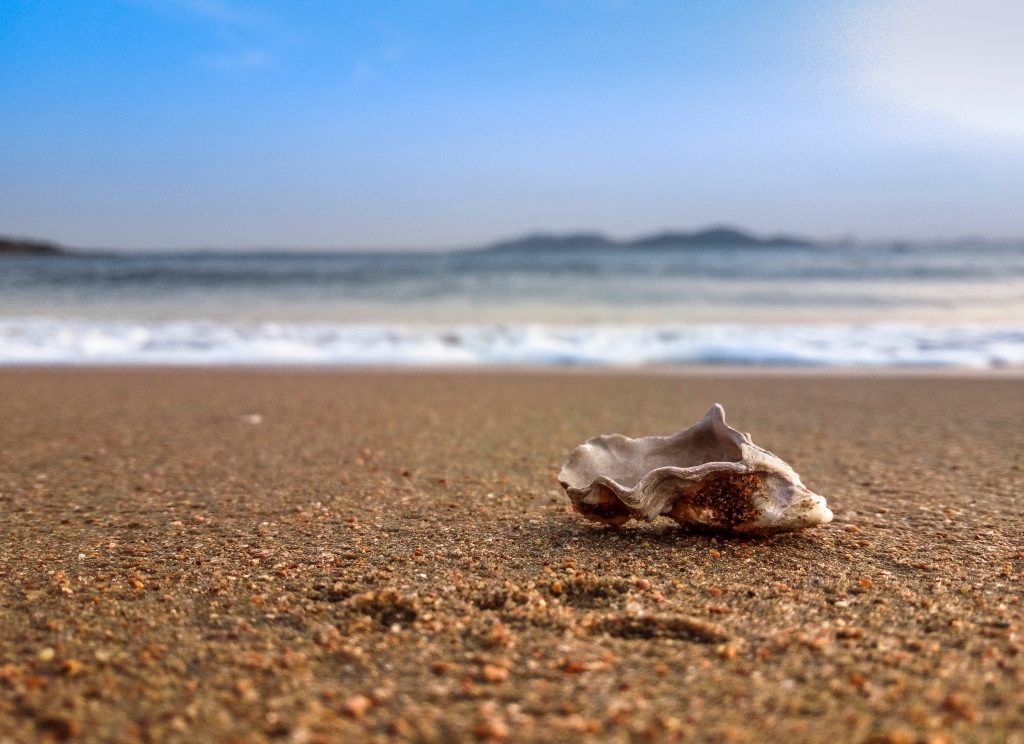
The value of any disruptive change is whatever we choose it to be.
Does it, in fact, matter? How could it be helpful? Does it cause concern? Does it include joy?
In other words, are we happy about it? Sad? Angry? Afraid?
These are natural and normal responses.
The key is recognizing they are also choices.
However, the choice is not where our response begins.
Our attitude toward change shows up long before the choice is made and, to some degree, dictates the outcome.
In his book Jumpstart Your Thinking, recognized leadership expert Dr. John C. Maxwell suggests that our attitude acts like the “advance person” of our true selves. In other words, it shows up before we do, long before the main event. Over time, it becomes almost instinctive. Because of that, every choice we make begins here.
It would seem that this is an important concept to focus on when we consider where we want to grow. Do we have an attitude about change that preempts its value?
If that is true, how do we change our attitude toward change? In the same writings, Dr. Maxwell offers this commentary about the role it plays: “It is the librarian of our past, the speaker of our present, and the prophet of our future.” This statement holds the key. If our attitude is the speaker of our present, to change our attitude, it would seem to mean we must first change how we speak about it.
Let’s start by considering what is on the other side of change – what gifts it brings and will leave in its wake.
#1- New People
Our lives expand based on the growth we allow in our inner circles. Every new relationship represents growth, which is just another label for change. What are you encountering just now? What new connections are waiting there? Every best friend was once a stranger. Every business partner was once unknown to us. Change brings new ideas from new minds and new people.
#2- New Places
As a writer, place has been somewhat of a conundrum for me. We like the comfort of our “creative space” and can even begin to rely on its trappings. That was certainly the case for me. But when the creative flow stalls, quite often, it is a change of place that allows it to begin streaming again. Once I realized that going to new places was a core fuel for inspiration, my attitude toward them shifted. But it’s not just about our craft. We need to experience new places to see life from a different lens. Robin Sharma teaches that “The value of travel is not just the travel but what the travel makes of you.” Whether your travel is across town, across the country, or around the world – seek out a new lens on your life and work based on what you experience there.
#3- New Skills
Perhaps the most compelling gift of change is arguably this: Change always brings something new to learn. That can be a daunting roadblock if we are afraid we may not be able to acquire that skill. As with people, recognizing that everything we know at some point was unknown to us can turn the dial of our attitude up. Everything we can do today, at some point, we did not know how to do. And with new skills come new opportunities.
#4- New Ideas
Change is a wonderful stimulus. What we consider (or reject) changes based on new information. We find that we have greater agility for transferring knowledge and skills. We are able to cross-pollinate our understanding of how we work best. The words of Marcel Proust come to mind for this point: “The real voyage of discovery consists not in seeking new landscapes but in having new eyes.” Even what is familiar can take on new life and new breath when we allow change to adjust our lens and spark a new perspective.
#5- New Possibilities
This is my favorite because it’s the culmination of everything else. It’s the pinnacle of success when it comes to real change. When we integrate new people, places, skills, and ideas into our strategies, the possibilities exponentially grow.
We can change our relationship with change by changing our attitude toward it. We change our attitude by changing our perspective and how we view it, how we speak about it. What new people can I meet and serve? What new places can I experience? What new skills can I acquire and master? What new ideas can this generate? How does this expand the possibilities for my life and work?
In summary: What does this make possible? Once we embrace that question, we begin to master the power of true resiliency.
Live today like you want tomorrow to be. Live well.


